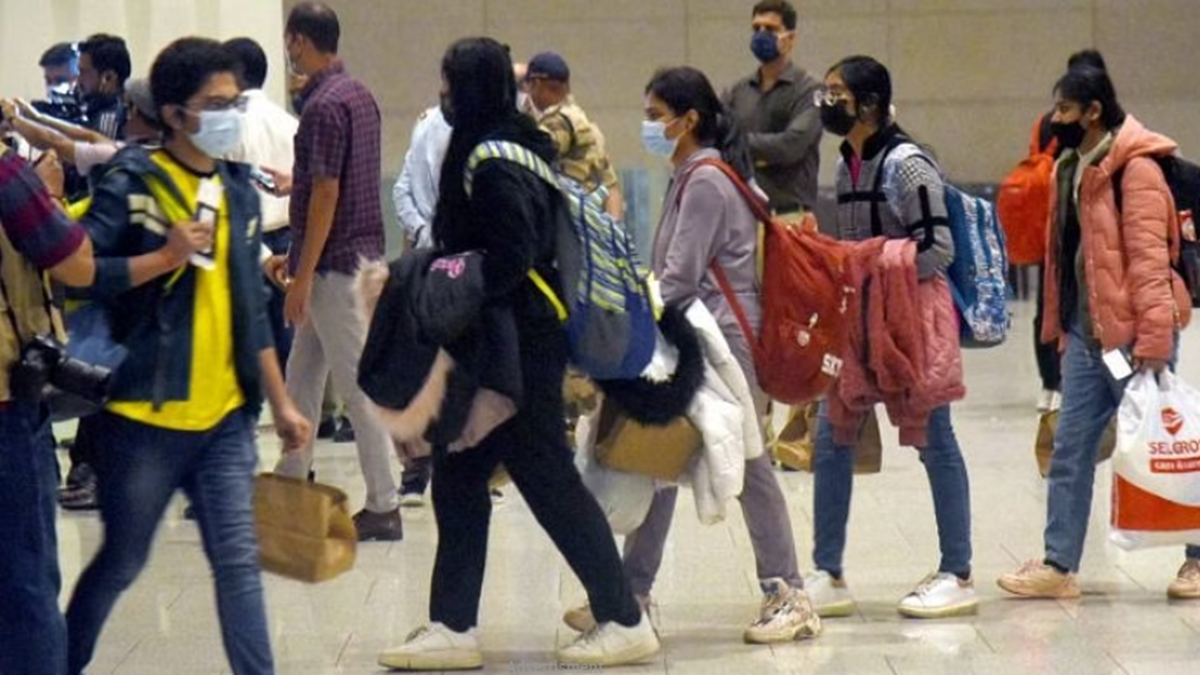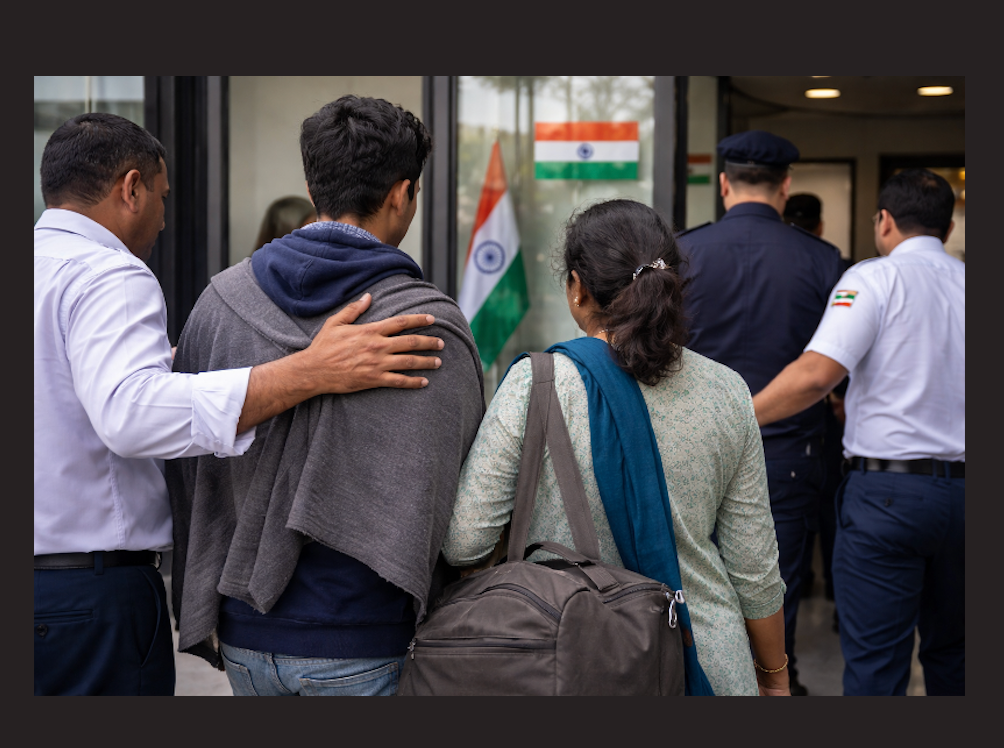The international education and tech communities are watching closely, hoping for either revisions to the bill or a broader reconsideration of its long-term consequences on innovation and global talent mobility
A newly introduced bill in the US Congress is causing anxiety among international students, especially those from India, as it proposes to terminate the Optional Practical Training (OPT) program—a vital bridge for students transitioning from education to employment in the United States.
OPT allows international students, particularly those in STEM (Science, Technology, Engineering, and Mathematics) disciplines, to work in the US for up to three years after completing their studies.
The proposed legislation, if passed, would dismantle this route, jeopardizing career opportunities for thousands of students who rely on this period of work authorization to secure long-term employment and potentially shift to H-1B visas.
-
While similar efforts to eliminate OPT have failed in the past, the renewed push signals a more aggressive stance on immigration under the current political climate
-
If implemented, the bill could severely disrupt not only individual career trajectories but also the talent pipeline that feeds into American industries, particularly in the tech sector.
The timing of the bill coincides with rising anti-immigration rhetoric, particularly as former President Donald Trump intensifies his campaign for re-election. His promises of mass deportations and tighter immigration controls are causing unease among existing F-1 and M-1 visa holders, many of whom are now scrambling to secure job offers that could lead to visa sponsorship through the H-1B program, often facilitated by major US and Indian tech companies.
According to the latest Open Doors 2024 report, India has surpassed all other nations in sending students to the United States. In the 2023–2024 academic year alone, 331,602 Indian students were enrolled—marking a significant 23% increase from the previous year. Of these, nearly 97,556 students participated in OPT, reflecting a 41% surge. The proposed policy change could therefore impact a substantial portion of this population.








